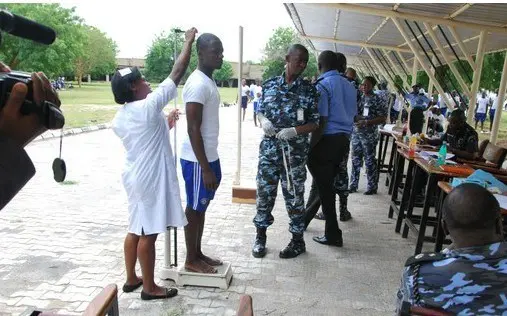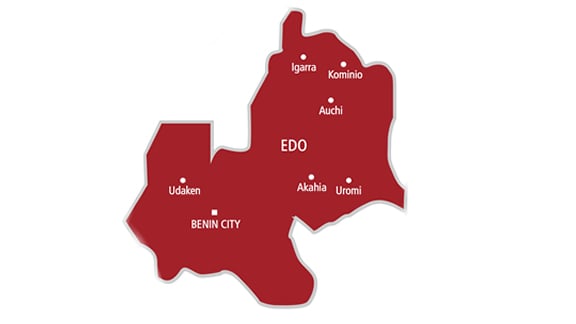
The Delta State Government has said it is advancing major projects in information and communication technology (ICT), youth empowerment, and public safety in line with Governor Sheriff Oborevwori’s development vision.
Speaking during an interview with members of the Editorial Board of Veracity magazine, a publication of the Delta State Ministry of Information, the Commissioner for Science and Technology, Dr. Daniel Odigie explained that the ministry has completed a 300-capacity ICT Centre designed as a hub for training, cooperative innovations as well as a call centre.
The facility, he said, is expected to create up to 300 jobs daily through three operational shifts, serving as a flagship for the state’s technology drive. “We are not just building structures, we are building opportunities for our people to work, learn, and innovate,” he said.
Dr. Odigie added that the state has already trained over 300 youths from 25 local government areas under the ICT Youth Empowerment Programme and the Technological School Activation Programme. These initiatives, he noted, have equipped participants with practical skills to start businesses and employ others, thereby expanding opportunities and encouraging self-reliance.
The Commissioner also disclosed that a draft Digital ICT Policy, developed in consultation with stakeholders, is now undergoing review across Ministries, Departments, and Agencies. Once adopted, it will provide a unified framework to guide ICT growth and integration across the state.
On public safety, Dr. Odinigwe said the ministry is finalising the Delta State Residency Card, which will help identify residents, strengthen security, and improve access to government services. Engagements are ongoing with artisan and trade unions to ensure smooth rollout and to connect members to government-backed grants and loans.
He further highlighted the approval by the State Executive Council for the migration of the Escrow platform to a fully digital, remotely accessible system by September. This reform, together with broadband expansion using underground and aerial fibre-optic cables, will provide the backbone for smart city initiatives such as automated traffic enforcement and real-time CCTV monitoring.
In education, the ministry is working closely with the Ministry of Education to integrate ICT into schools, inspect and upgrade ICT laboratories, and collaborate with corporate partners to prepare students for the demands of the digital economy. “Our goal is to ensure that from the classroom to the workplace, Delta people are equipped for the realities of the digital age,” the Commissioner stated.
Dr. Odigie concluded that these combined efforts are enhancing human capital, economic competitiveness, and security across Delta State, positioning it as a leader in innovation-driven governance.




